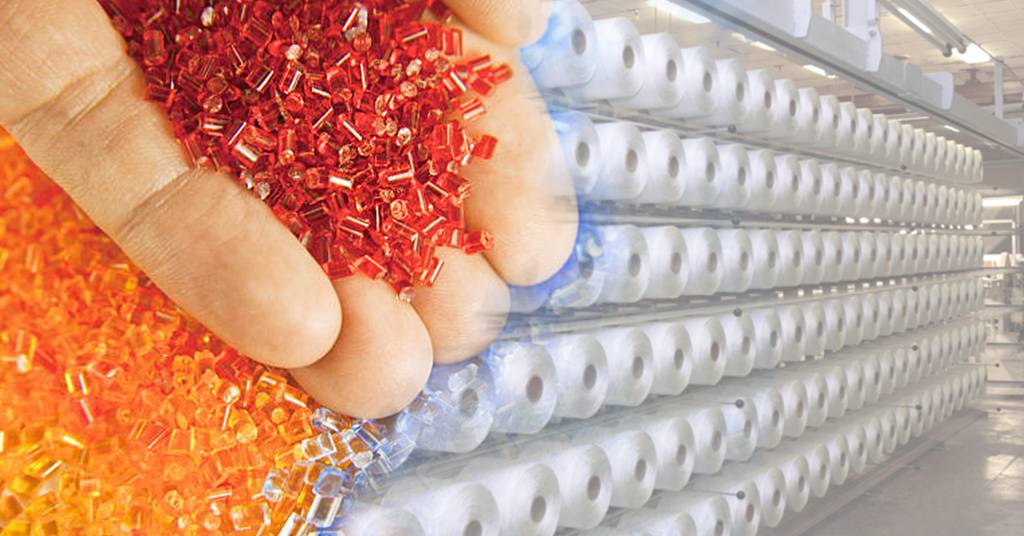Welcome To ChemAnalyst

Germany: LAPP and BASF are collaborating to prioritize sustainability by incorporating bio-based plastics in their products to reduce carbon footprint. As a result of this collaboration, LAPP is set to unveil the initial Ethernet cable that features a bio-based sheathing at the Hannover Messe in Hall 11, C05. BASF developed the compound fuelling this innovative creation.
LAPP, the leading global provider of integrated solutions for connection and cable technology, has made a significant move to enhance the sustainability of their product offerings. The company has introduced the new and improved version of ETHERLINE® FD P Cat.5e for Industrial Ethernet which now boasts a more environmentally friendly sheath material. By replacing the traditional thermoplastic Polyurethane material, which originated from fossil resources.
LAPP now incorporates a new sheath material that is based on renewable raw materials from BASF. This approach enables the company to reduce its reliance on plastics from fossil fuels and mitigate the environmental impact of their products, contributing to a more sustainable future. This recycled material is perfect for patch cable applications and cable chains.
BASF has introduced Elastollan® N, a bio-based plastic made from corn-based biopolymer. It contains 45 to 60% renewable raw materials, depending on the type of TPU used. The remarkable aspect is that the TPU offers identical durability, flexibility, and mechanical properties, as well as resistance to hydrolysis, chemicals, and UV radiation as traditional Elastollan® while preserving processability parameters. What sets this biopolymer apart is the ability to precisely quantify the portion of biomaterial in the final product.
According to BASF, their bio-based TPU is a high-performing alternative that stands on equal footing with fossil fuel-based counterparts. The production process can be quickly adjusted, making it a viable option for customers seeking sustainable products. Based on a life cycle assessment, there is an approximate 15% improvement in the CO2 footprint. As a result, the Elastollan® N has become an integral part of BASF's circular economy approach, playing a key role in conserving fossil resources and reducing carbon emissions. LAPP is also striving to continuously increase its selection of bio-based sheath materials.
We use cookies to deliver the best possible experience on our website. To learn more, visit our Privacy Policy. By continuing to use this site or by closing this box, you consent to our use of cookies. More info.
